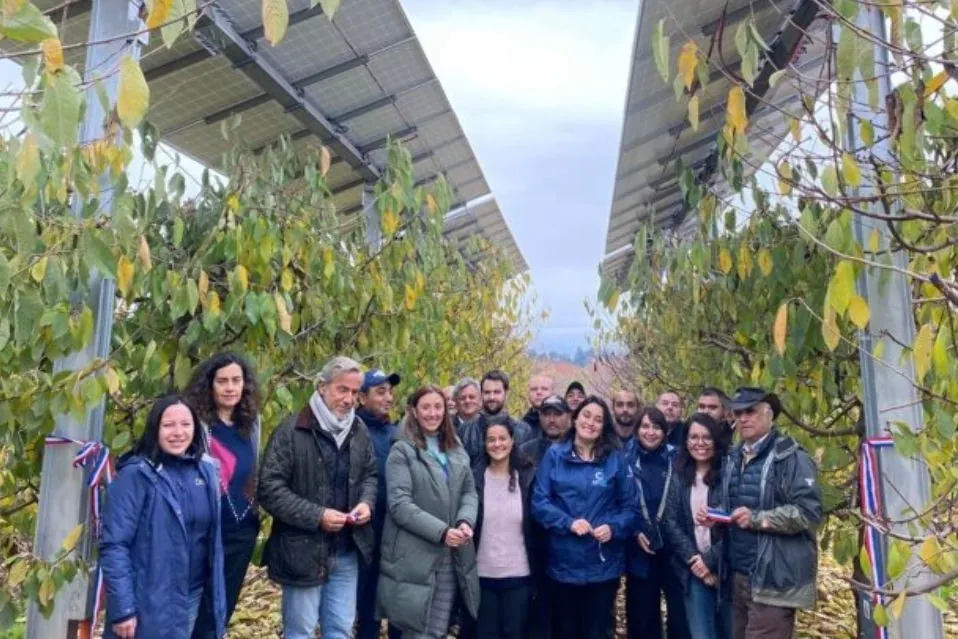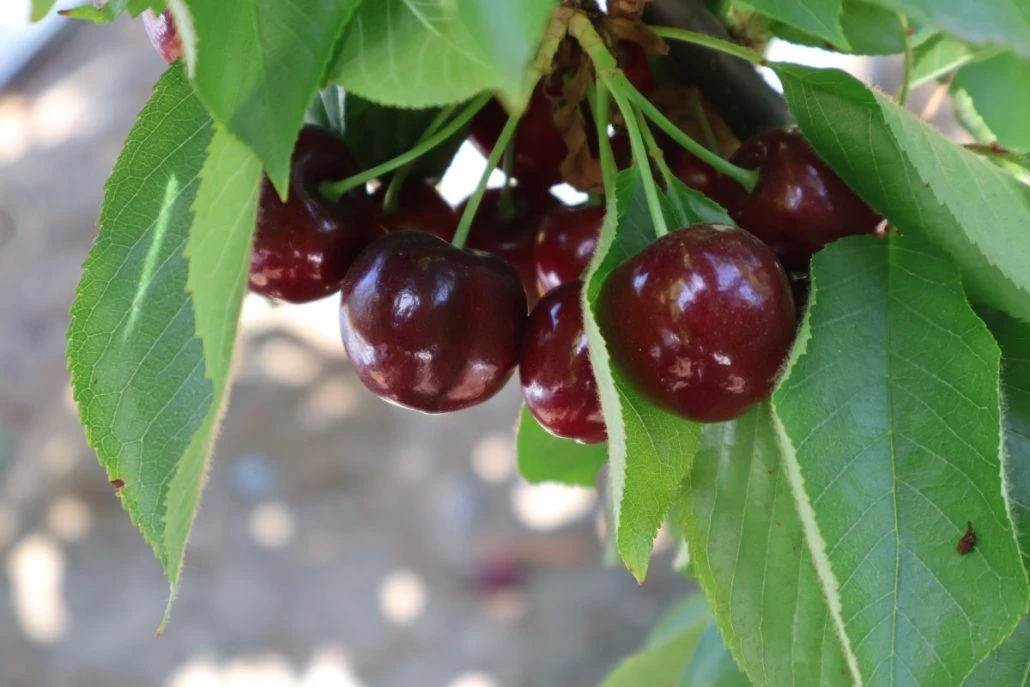Research in the field of packaging materials is increasingly moving towards more sustainable solutions, aiming to reduce the environmental impact caused by traditional plastic materials. In this context, a group of Chinese researchers has developed a biodegradable composite film made from gelatin, pectin, and cellulose nanofibers (CNF), enriched with an antibacterial agent called polyhexamethylene biguanide hydrochloride (PHMB).
This film could potentially replace traditional polyethylene (PE) films, commonly used for packaging fruit, such as cherries.
The film was created using a solvent casting process, which allowed the integration of CNF and PHMB into the gelatin and pectin matrix. Analyses have shown that the addition of CNF significantly improved the barrier properties of the film, reducing its permeability to water and oxygen.
Additionally, PHMB conferred antibacterial properties to the material, reducing microbial activity against bacteria like Staphylococcus aureus and Escherichia coli. Beyond this, PHMB also improved the mechanical performance of the film, making it more durable. Moreover, films incorporating PHMB in varying concentrations (up to 6% of the total weight) demonstrated increased resistance to water solubility, making them particularly effective for protecting food that requires moisture barriers.
A key aspect of this research was the practical application of the biodegradable film in sweet cherry packaging. Over a 12-day storage period, the film proved to be more effective than traditional films in maintaining the appearance and freshness of the cherries.
The experimental group treated with the gelatin, pectin, CNF, and PHMB film showed a significantly lower deterioration rate compared to the non-sealed control group and the group packaged with polyethylene (PE) film. Cherries packaged with the new film maintained higher visual quality, showing less decay and weight loss.
Another important advantage of this material is its biodegradability. Soil degradation tests showed rapid decomposition of the film, which lost its original shape within 16 days. This result is promising for the use of this material in short-term applications, such as packaging fresh products, where sustainability and the reduction of plastic waste are priorities.
Despite these encouraging results, the study also highlighted some limitations. For instance, the film has not yet integrated a real-time freshness monitoring feature, which could be useful for visually indicating the preservation status of food products.
In conclusion, this biodegradable film represents an important innovation in the food packaging sector. It not only offers a valid alternative to traditional plastic films, thanks to its durability and antibacterial properties, but also helps reduce environmental pollution thanks to its rapid biodegradability and the potential to be made from by-products.
Source: Lou, L., Chen, H., & Zhang, L. (2024). Biodegradable gelatin/pectin films containing cellulose nanofibers and biguanide polymers: Characterization and application in sweet cherry packaging. International Journal of Biological Macromolecules, 274, 133530. https://doi-org/10.1016/j.ijbiomac.2024.133530.
Image: Science Direct
Andrea Giovannini
University of Bologna (IT)
Cherry Times - All rights reserved










